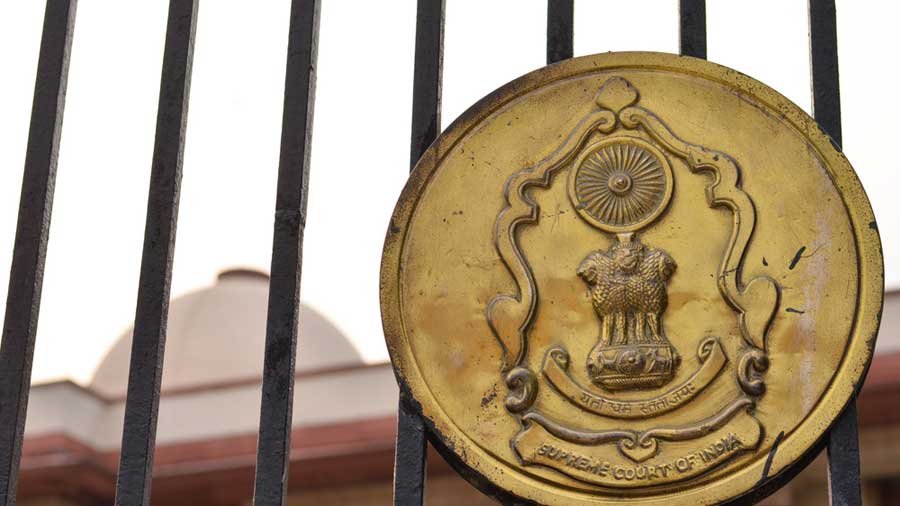India’s pride in the institutions that protect people’s rights is taking a battering. Groups of citizens have expressed their concern about the erosion of such institutions and the distortion of their functions. So, when an apparent breakdown in known procedure comes to light in the registry of the Supreme Court, it is likely to be viewed with concern. The fact that Supreme Court judges on a vacation bench reportedly mentioned that a matter ordered to be listed for the next day had not been so put up cannot augur well. It is not just that the matter had not been listed, which could have been put down to inexcusable neglect, but the judges also mentioned that the registry said the matter would not be listed in spite of the order. It may be difficult to imagine the depths which the undermining of institutions has reached, but the evidence for that could not be clearer. The judges referred to the set procedure by which matters are listed by the registry from vacation benches: the registry seems to be deliberately leaving them aside.
Conflict within any institution of this magnitude has the potential to harm the democracy rarely. This one has been brewing for a while, although no judge mentioned the registry’s expressed refusal before. In August 2020, for example, three Supreme Court judges reportedly asked the registry why it had taken one year to list a matter regarding anticipatory bail, which had been ordered to be listed in four weeks in September 2019. Without it, the petitioner had been detained and was being freed on ordinary bail. In 2019, it was reported that the former Chief Justice of India asked the registry for a report explaining why the letter from the Unnao rape survivor’s family requesting protection from threats took so long to reach his office. There are other instances. But whatever the reason behind this breakdown of propriety and procedure — it may not be a simple one — a solution must be found immediately with the firmness and fairness that the institution represents. Apart from its broader ramifications, the lack of coordination would add to the many causes of delay in the justice delivery system that plagues India. If reducing the caseload is a priority, the route to that should be made smooth in every way.











